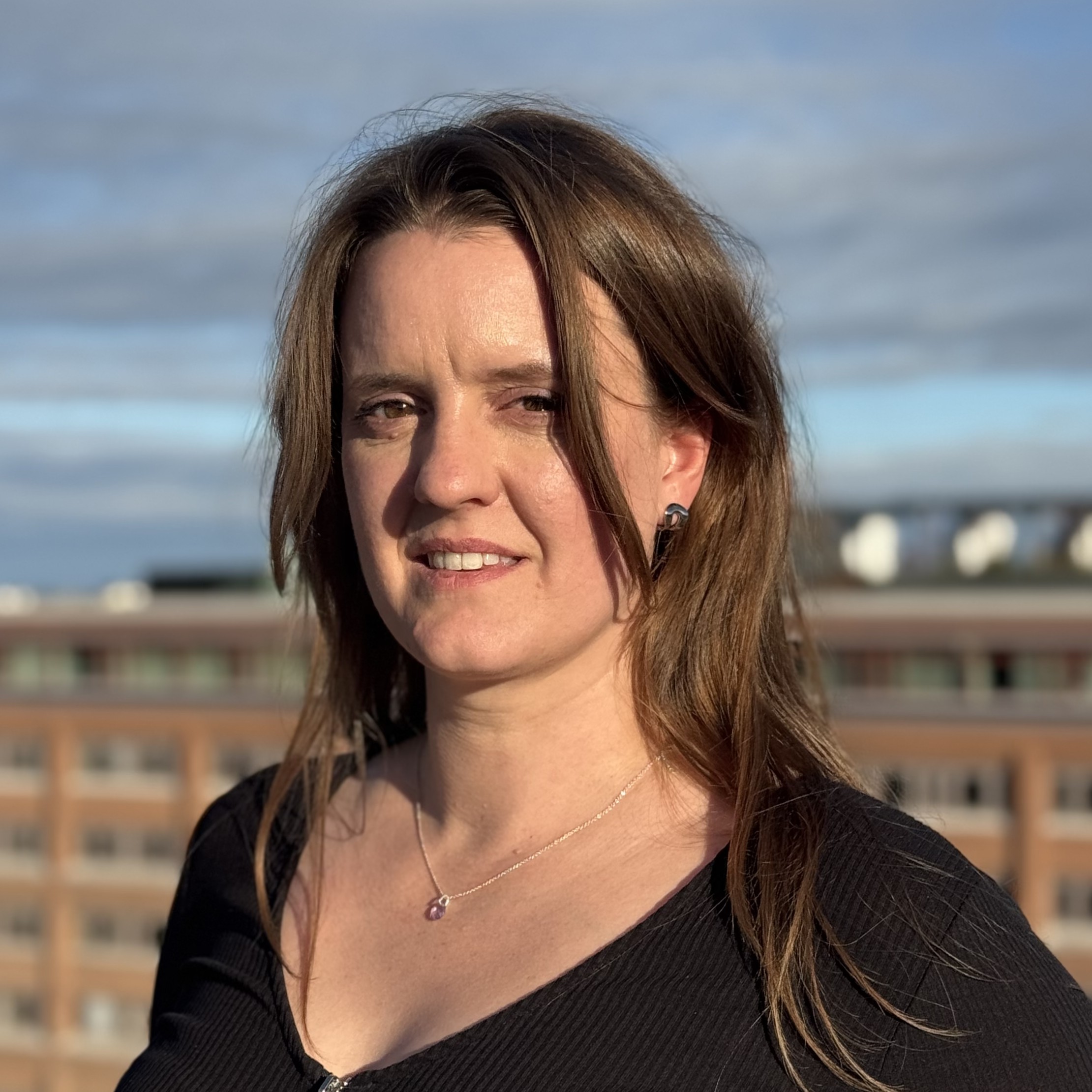(Publ. 3 APR 2018) In mid-January, the European Patent Office, EPO, revoked one of Broad Institute’s patents because it does not meet the requirements of novelty and/or inventive step. The dispute continues between Jennifer Doudna and Emanuelle Charpentier at UC Berkeley and Feng Zhang at the Broad Institute, regarding the patent rights to the gene-editing technology Crispr/Cas9 according to the magazine Kemivärlden BioTech’s article about the so-called gene scissor. In this article, our European Patent Attorney Joanna Applequist comments on the case from a patent perspective.
The revoked patent is considered to be one of the basic patents in a series of patents belonging to the Broad Institute and was revoked in the light of previously uncitable prior art. EPO’s Opposition Division considered that Broad did not have a valid priority claim from two of its 12 priority applications because different applicants are listed on the documents, which is not permitted under the European Patent Convention unless the right to priority has been transferred on the day of filing. Thus, the priority date was moved forward a few weeks and more documents describing the prior art could be cited. Broad’s invention was considered to lack novelty and/or inventive step in the light of these documents. Thus, the patent was revoked due to a patent technicality which emphazises the importance of complying with formal requirements in order to secure a valid patent.
Broad argues that in this case US law regarding the right to priority should apply and has lodged an appeal against EPO’s decision.
The patent landscape is likely to continue to be very complex with regard to Crispr/Cas9 in both Europe and the United States. There is a lot of ongoing research and development in the field and recently, many both old and new players have filed patent applications relating to improvements of the technology.
You can also read our previous news Patent dispute concerning the use of the gene scissor here>>

.jpg)



















